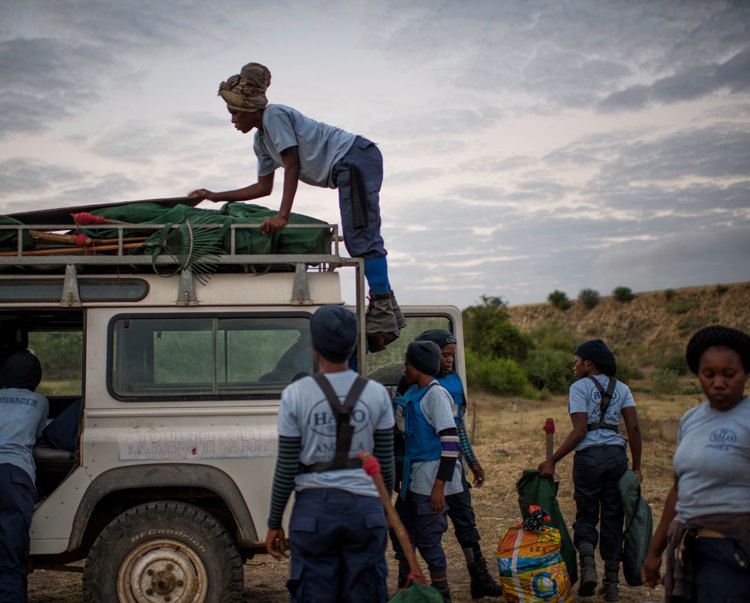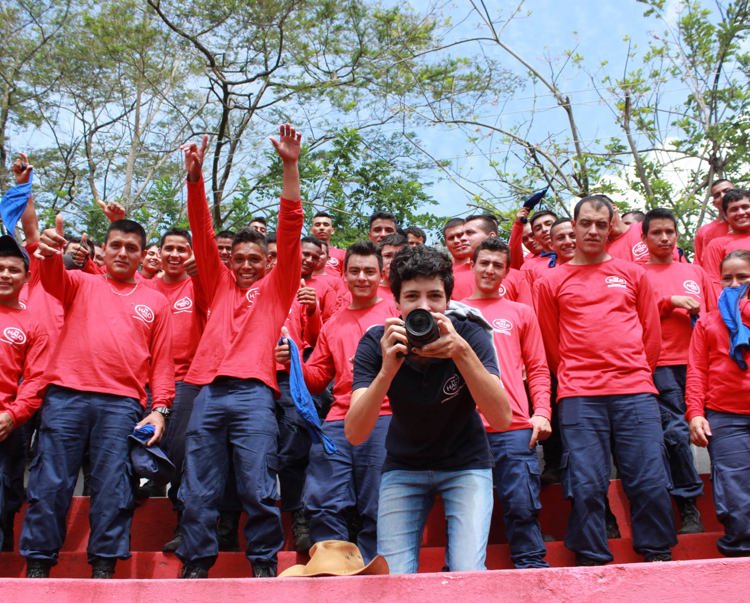LATEST FROM HALO
Catch up on HALO’s latest news and updates, from stories making the headlines, to unique insights from our staff and people whose lives have been transformed. Sign up to our newsletter to be the first to know when a story lands.

Special Projects
Learn about our unique projects transforming lives across the world.

HALO updates
Catch up on all the latest HALO news, stories and headlines.














